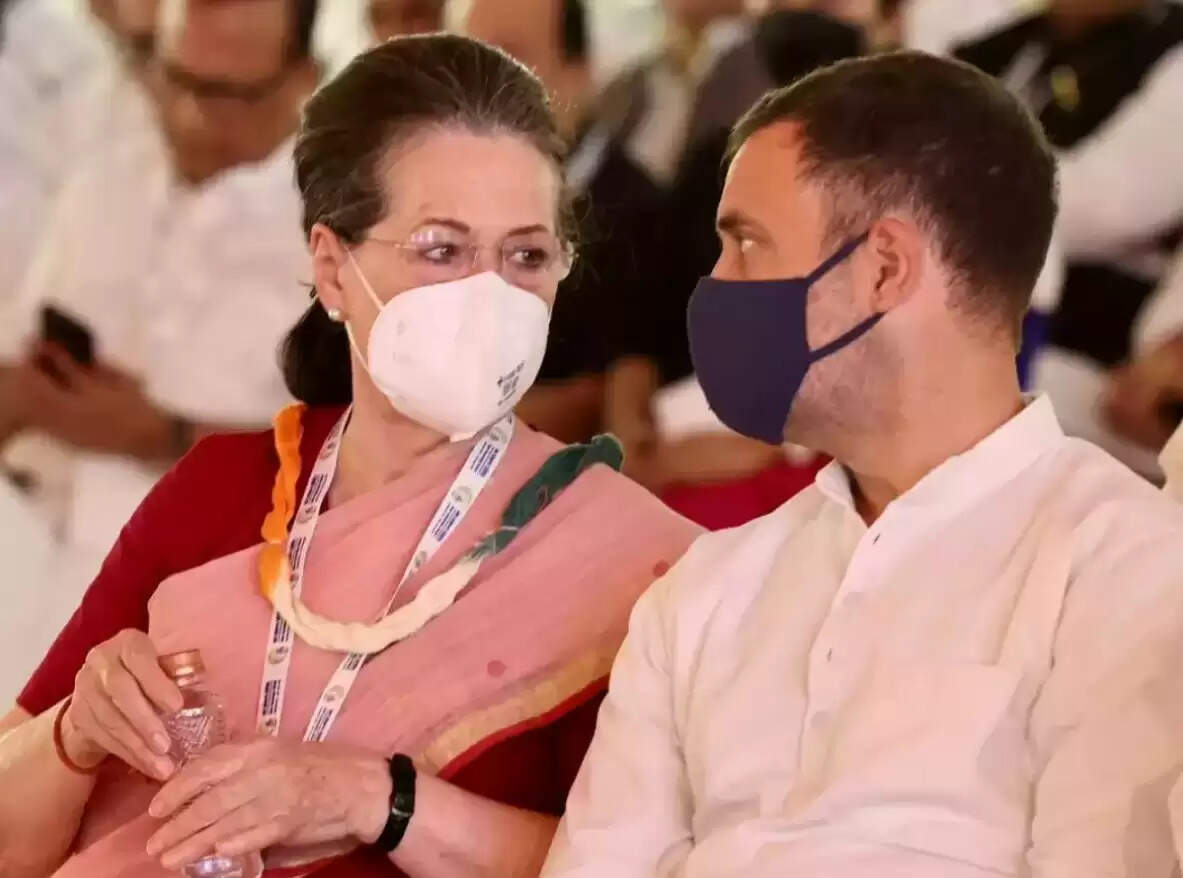Explainer: What is Section 226(3) of Income Tax? Through which Rs 135 crores were recovered from Congress.

Congress 135 Crore Recovery: Income Tax Department has recovered Rs 135 crore from Congress. According to a report, this income tax was recovered from the party due to the use of cash during the election process.
In fact, due to use of cash, Congress had lost the income tax exemption in the year 2018-19. Sources informed that tax collection of Rs 135 crore from the party is as per the provisions of the Income Tax Act.

Sources said that on the basis of objectionable material seized by the Income Tax Department during the search operation in April 2019, use of cash in the electoral process was revealed.
What is the whole matter?
The source said that in such a situation, the assessment of the party was reopened for seven years (from 2014-15 to 2020-21). After this, tax was demanded from the Congress Party in 2021 .

Also, letters were sent several times to pay income tax. During the proceedings the adjournment petition filed by Congress was also rejected.
After this, income tax was not paid by the Congress even after 33 months of the assessment order and 10 months of the order of the Income Tax Commissioner (Appeals). The department then started recovery proceedings under Section 226 (3) of the Income Tax Act.

How much was recovered:
As per legal provisions, recovery proceedings were initiated against the outstanding demand of about Rs 135 crore from the Congress Party. The petition seeking a stay on this proceeding was rejected by the Income Tax Appellate Tribunal (ITAT) and Delhi High Court.

Sources said that after this, Rs 135 crore was recovered as per the provisions of Income Tax Act, 1961. Earlier, Congress had said that before the Lok Sabha elections, the Income Tax Department has issued new notices for payment of Rs 1823.08 crore for mistakes in tax returns of five different financial years.
Fine of Rs 4600 crore on BJP!
Congress claimed that the Income Tax Department has closed its eyes towards BJP. BJP faces a fine of Rs 4600 crore. Party general secretary Jairam Ramesh also claimed that the opposition is being attacked through 'tax terrorism' before the Lok Sabha elections.
Party Treasurer Ajay Maken alleged that on the basis of the criteria on which fine notices have been given to Congress, payment of more than Rs 4600 crore should be demanded from Bharatiya Janata Party.
What is Section 226 (3)
The powers given to the Income Tax Officer under Section 226 (3). Under this, he can issue notice related to income tax to any person or institution on which tax money is outstanding or may be due in future.
This notice issued by the Income Tax Officer gives instructions to pay the outstanding amount of tax. The last date for payment is also fixed in this notice. If the person or entity to whom the notice is issued does not pay the income tax as per the date given in the notice, the Income Tax Officer has the right to take action to recover the outstanding amount.
Section 226 (3) is applicable only in cases where the taxpayer has outstanding income tax. Under this, the Income Tax Officer will not have to give the taxpayer an opportunity of hearing before issuing the notice.
There is also a provision in this that if payment is not made by the date given in the notice, the taxpayer will have to pay penalty and interest. If the outstanding amount has already been paid by the taxpayer then the above section is not applicable.


